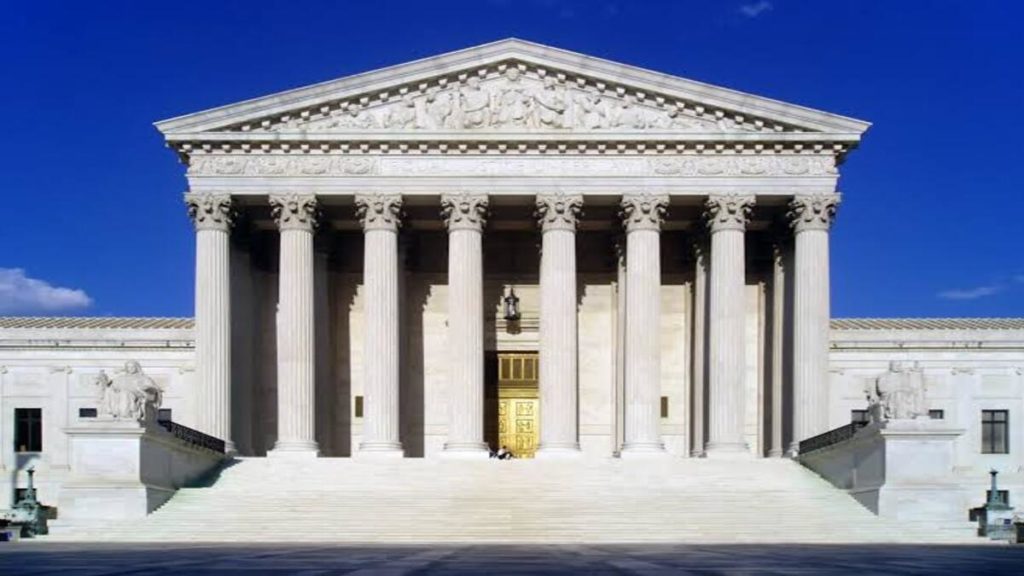
Former President Trump’s challenges to the manner the Eleventh Circuit Court of Appeals is processing the seizure of sensitive papers from his Florida estate, Mar-a-Lago, have, for the time being, been rejected by the U.S. Supreme Court.
The court’s decision was made public at the same time as the committee’s final public hearing on Trump’s role in the post-election rioting at the Capitol on January 6.
Judge Aileen Cannon, a Trump appointee, established a special master to review the records and prevented the Justice Department from completing its investigation into how the documents were handled and associated issues. The Eleventh Circuit twice overturned these legal steps.
A large portion of Judge Cannon’s actions have already been blocked by the appeals court. The appeals court panel, which included two Trump appointees, stated that Trump “has not even sought to prove that he has a need to know the material contained in the confidential records.”
The three-judge panel further stated that “the United States has sufficiently demonstrated how and why its national security examination is closely linked with its criminal probe.” Indeed, the panel stated that if the Justice Department is prohibited from analyzing the confiscated files, it would be “difficult, if not impossible,” for it to continue its investigation.
Late September, to be precise. Trump filed an appeal with the Supreme Court after the appeals court directed the special master to examine materials more quickly at the beginning of October.
Why Trump’s attorneys even went to the Supreme Court split Trump observers. Trump appointed three of the nine Justices on the Supreme Court, so did he insist on appearing there? Or was this a typical Trump strategy to wear down his opponents by dragging out the legal process?
If the latter, his opponent this time will be different from any he has previously encountered. The Justice Department won’t experience financial hardship like other opponents of Trump have.